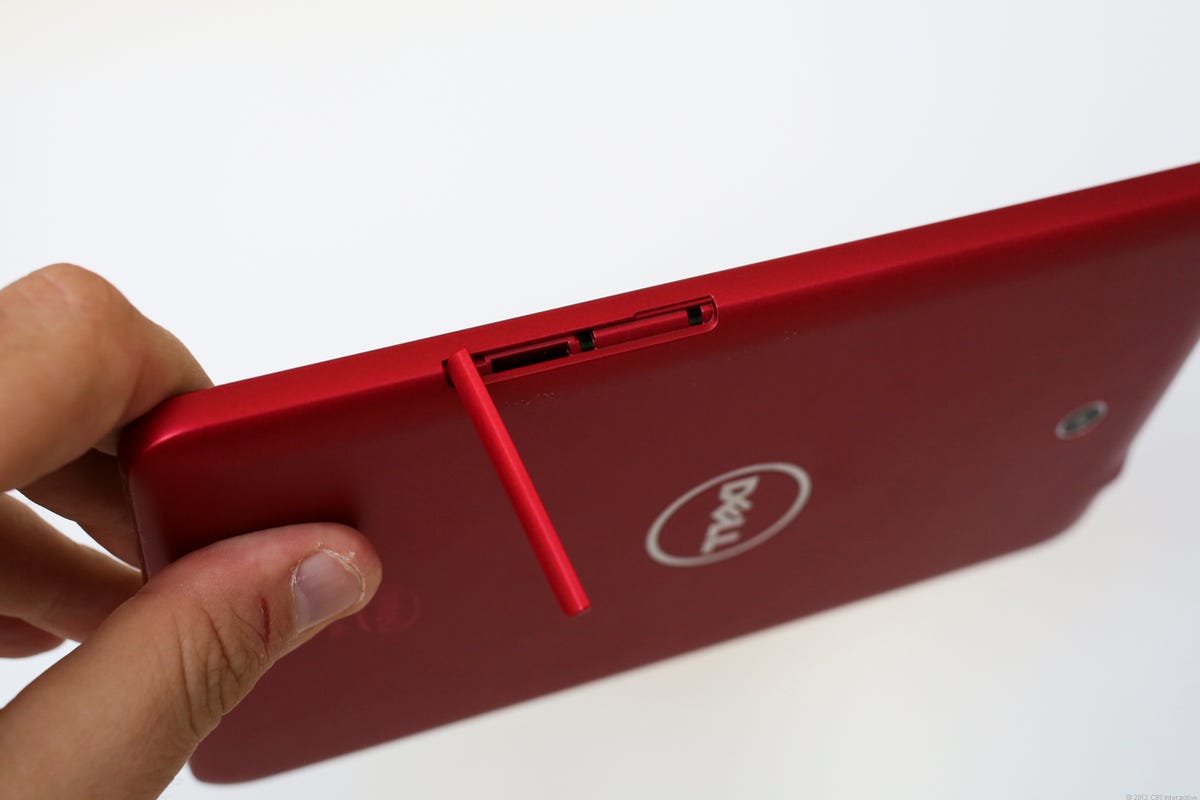NEW YORK — Microsoft’s Windows RT operating system just lost another proponent.
Neil Hand, head of tablets at Dell, on Wednesday said his company won’t be releasing a new Windows RT device to follow up its XPS 10 device from a year ago.
“We are not planning to refesh our current line of RT products,” Hand said at a Dell tablet and PC launch event here. “We’re really focused on full Windows products. …The full Windows experience provides great capability.”
Related stories:
- How Microsoft became a control freak with tablet makers
- Uh-oh, Windows RT, Samsung’s got second thoughts
- Windows RT demand is weaker than hoped, Dell exec says
- Top 10 biggest drawbacks of Windows RT
- Dell Venue Pro 11 comes in three configs
Windows RT is the version of Microsoft’s operating system that runs on chips typically used in cell phones, those based on technology from ARM Holdings. The software has failed to gain traction with users, in part because traditional Windows programs won’t run on the operating system. Many companies have dropped Windows RT in favor of full Windows 8, though Microsoft last month unveiled its updated Surface tablet running RT.
Microsoft has tightly controlled the development process for Windows RT devices,limiting the number of companies the chipmakers could work with, in order to make better products. That’s meant that few products have hit the market, and some companies in the initial development program ultimately decided to abandon Windows RT.
Hewlett-Packard and Toshiba, for instance, never brought their Windows RT products to market, and Samsung never released its Windows RT device in the US. At this point, it appears that only Microsoft continues to push Windows RT.
“Windows on ARM continues to be an important element of the Windows strategy,” Microsoft said in a statement.
Hand told CNET in April thatWindows RT sales were lower than expected.At that time, however, he said Dell remained committed to Windows RT and said it was working on future products.
Hand on Wednesday told CNET that Dell is phasing out its current Windows RT product, the XPS 10. All inventory is gone in the US, and it’s only a matter of weeks before the device sells out in the rest of the world, he said.
“We are very good at understanding our true customer demand and adjusting our supply chain to fit that in real time,” Hand said.


James Martin/CNET
Microsoft, meanwhile, took a charge of $900 million earlier this year for excess Surface RT inventory, parts, and accessories. The company overestimated how many tablets it would sell, hurting its financial results. It continues to offer the first version of its Surface RT device at a discounted rate alongside the second-generation product and the new Windows 8.1 Surface Pro.
Hand and Sam Burd, vice president of Dell’s PC business, blamed a lack of apps as one factor that hurt Windows RT, as well as its inability to run traditional Windows programs. In addition, Dell can now offer full Windows products for the same price as its Windows RT product, making the RT device less appealing to customers.
“For the same range of price, you can get a full Windows 8 tablet,” Burd said. “If you want to run the new Windows 8 interface, you can, but you can also run all the old apps as before. That’s hard to compete against. Unless you’re [priced] far below that, there’s just not space.”
Hand noted that while Dell’s Windows RT product wasn’t successful, Dell did learn how to better price its other Windows products and what accessories to offer. One of its new Windows 8.1 products unveiled Wednesday, the Venue 8 Pro, is priced at $299, the same level for Dell’s older RT device. And the Venue Pro 11 includes a removable keyboard, much like the keyboard offered with Dell’s XPS 10 Windows RT device.
“I think Microsoft made a bold move, and sometimes moves like that take quite a long time to actually happen,” Hand said. “It’s just not quite ready for us at this point to add more products with RT.”
The 3-in-1 Dell Venue 11 Pro tablet (pictures)






Updated at 2 p.m. PT with additional background and executive comments. Added Microsoft comment at 6:15 a.m. PT on Oct. 3.



